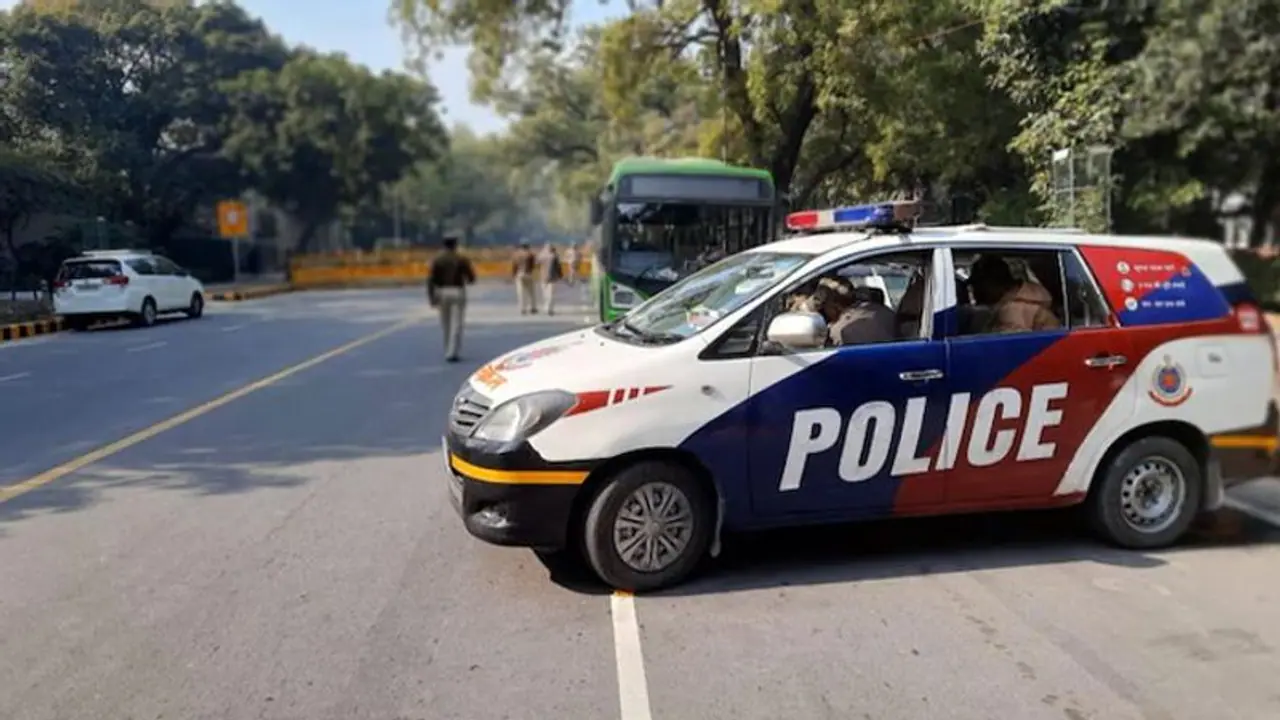The Delhi Police said that Twitter's statements were not only mendacious but designed to impede a lawful inquiry by a private enterprise.
Delhi Police has hit back at Twitter hours after media reports emerged of the micro-blogging site raising concerns over the police team's visit to its offices and the potential threat to freedom of expression for the people the company serves.

A Twitter spokesman had earlier on Thursday noted that it has concerns with regards to the use of intimidation tactics by the police in response to enforcement of its global Terms of Service, as well as with core elements of the new IT Rules.
In response, the Delhi Police termed the statements as not only mendacious but also designed to impede a lawful inquiry by a private enterprise.
In a statement, the Delhi Police said, "Twitter has taken upon itself -- in the garb of terms of service -- to adjudicate the truth or otherwise of documents in public space."
"Twitter is purporting to be both an investigating authority as well as an adjudicating judicial authority. It has no legal sanction to be either. The only legal entity, so empowered by the duly laid down law, to investigate is the Police and to adjudicate is the Courts," the police said.
The police said that while Twitter claims to have a material information basis, which it not only investigated but also arrived at a conclusion, it must share that information with the police.
The Delhi Police personnel have been seeking information from Twitter on the labelling of BJP national spokesperson Sambit Patra's Twitter posts on an alleged "Congress Toolkit" as "Manipulated Media."
The police team had served notices to Twitter to provide information it had on its part.
"The entire conduct by Twitter Inc, including its Indian entity, in the last few days has been obfuscatory, diversionary and tendentious. There is one simple thing to do which Twitter refuses to do. That is, cooperate with the law enforcement and reveal to the legal authority the information it has," the Delhi Police claimed.
"Twitter, being a public platform, must lead by example in demonstrating transparency in its functioning which has a bearing on public discourse and should proactively bring clarity into what are subject matters of public domain," the force added.
Placing the facts in the public domain, the Delhi police said it had registered a preliminary inquiry at the instance of a complaint filed by the representative of the Indian National Congress.
The Delhi Police said that efforts by Twitter to portray that this was an FIR filed at the behest of the Government of India are "wholly and completely incorrect".
Justifying its decision to approach the platform, the Delhi Police said, "Twitter, while placing the cart before the horse, went ahead and declared that the toolkit was 'Manipulated Media'. This clearly demonstrates that Twitter was acquainted with the facts of the case. It had material information pertinent to the inquiry by a duly recognised law enforcement agency. Therefore, Twitter was asked, by way of multiple communications, to join the inquiry to provide the information it possesses."
The Delhi Police also claimed that Twitter India's subsidiary -- TCIPL's Managing Director had been evasive instead of cooperating in the investigation.
"Initially, TCIPL's Managing Director stated in his response that he was merely a sales head, had no role whatsoever in any operations relating to the content and thereby refused to join the inquiry. It is to be noted that TCIPL's stance that its Managing Director is a mere sales head runs contrary to his very own previous press interviews wherein he elaborately discussed Twitter's plan to devise methods to identify abusive/ manipulative content. The above interview makes it clear that Twitter India's convoluted stance is similar to a deer caught in the headlights," the Delhi Police said.
Slamming the fear-mongering by Twitter as unfounded and misplaced, the Delhi Police said that "Twitter's latest statements were devised to seek dubious sympathy when they not only refuse to comply with the law of the land but also claim to have material evidence but refuse to share it with legal authority duly recognised."
